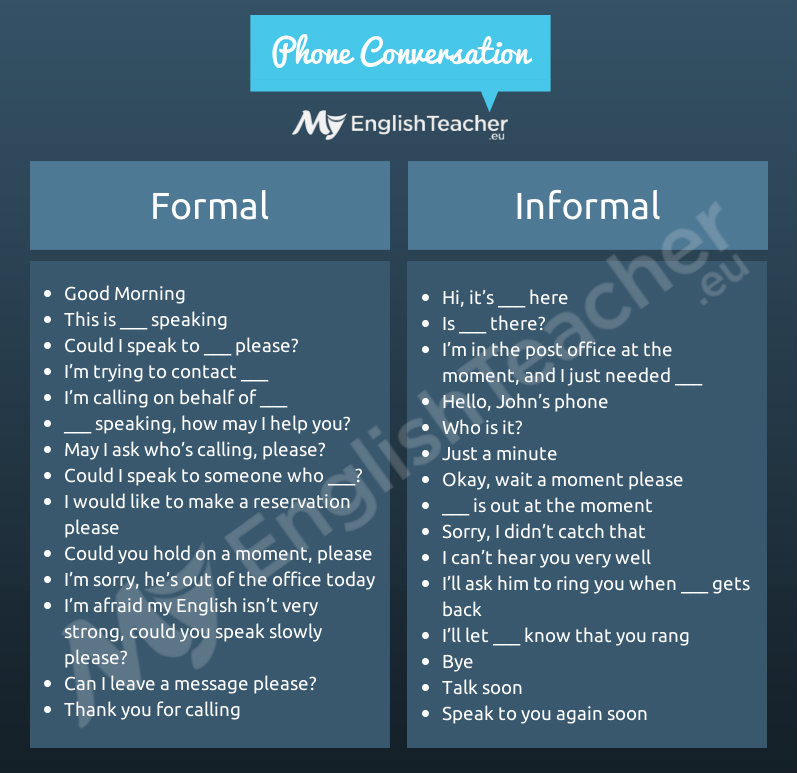
- •Практичне заняття №1
- •План заняття
- •Дієслово to be
- •Практичне заняття №2
- •План заняття
- •Практичне заняття №3
- •План заняття
- •Вживання:
- •Практичне заняття №4
- •План заняття
- •Модуль самостійної роботи за змістовим модулем 1
- •Прислівник
- •Практичне заняття №1
- •План заняття
- •Вживання:
- •Практичне заняття №2
- •План заняття
- •Вживання:
- •Практичне заняття №3
- •План заняття
- •Практичне заняття №4
- •План заняття
- •Модуль самостійної роботи за змістовим модулем 2
- •Пряма та непряма мови
- •Список рекомендованої літератури:
- •Індивідуальна робота за семестр:
- •Методичні рекомендації до роботи над текстами для індивідуального читання
Змістовий модуль 1 «Подорожі. Митниця»
Практичне заняття №1
Тема заняття: Мовний етикет
План заняття
І. Знайомство з правилами спілкування. Робота над текстом та обговорення теми практичного заняття.
1 .Read
and translate the text “Conversation Etiquette”.
Prepare
for discussion.
.Read
and translate the text “Conversation Etiquette”.
Prepare
for discussion.
Conversation Etiquette
Everyone knows a person who speaks out of turn, says the wrong thing that creates an awkward moment, or never allows anyone else to get a word in edgewise. He might have good intentions, but being around him can grate on the nerves. Don’t become that person.
Regardless of how smart or witty you are, there are times when you need to stop and evaluate the appropriateness of what you are saying. Make sure you have good speech filters to prevent saying something rude. Acquiring the skill of a good conversationalist requires learning some fundamental guidelines and practicing them.
Pause
Before you open your mouth to speak, stop and think about what you are going to say. Too many people speak as they think, and when the words come out, they don’t convey the intended meaning. Pause a moment to allow your internal filters to take over. This may make the difference between being considered a good conversationalist and others thinking you are boorish.
Pay Attention to Signals
As you chat with others, pay close attention to signals that you are losing them in conversation. If you continue talking long after they have mentally zoned out, you may find yourself alone, or worse, not invited to the next get-together. The instant you realize you’ve said too much, take a breath and give someone else a chance to talk.
Signs the other person is no longer engaged in the conversation:
She yawns.
She stops making eye contact.
She glances around the room looking for an escape.
She starts backing away.
She stops responding.
Listen to Others
One of the best ways to have people thinking you are good at conversation is to listen to what they have to say. This shows your interest in them, and they are more likely to show interest in you when you speak. Give the other person your undivided attention.
How to show you are listening:
Maintain eye contact.
Nod or interject an occasional, “Yes, I agree,” or “I know what you mean.”
Ask questions during pauses in the conversation.
Arm Yourself With Conversation Topics
Before you go to a party or casual get-together with friends, put some time into what you’d like to discuss. Doing this will help prevent lulls in conversation, and you’ll find that these topics provide excellent springboards for discussion that can go in a variety of directions.
Ideas for discussion topics:
Local news items
Favorite foods
New businesses in the area
Sports
Hobbies
Music releases
Favorite books
Pop culture topics
TV shows or movies
Topics to avoid (unless you are with long-time friends who will love you anyway):
Political opinions – unless you are at a political rally or convention.
Lifestyle pet peeves – unless you are at a function that promotes a specific lifestyle.
Age issues – unless you are at an event celebrating an age group.
Weight issues – unless you are with a group of people whose goals are to gain or lose weight.
Personal finance – unless the other person is your financial advisor or banker.
Details about a health problem – unless you are with a group of health professionals who don’t get grossed out from talking about blood and other body fluids.
2. Answer the questions.
Why is it so important to follow the rules of the conversation etiquette?
How can you understand that a person you are talking to is not engaged in communication anymore?
How can you show that you listen to your partner attentively?
What are the possible ideas for discussion topics?
What are the topics that is better to avoid in the process of communication?
3. Which of the following are or are not considered rules of etiquette in your country?
Say “Thank you” when you hand over money in a shop.
Ask someone how much they earn.
Arrive 30 minutes late.
Yawn in public.
Open the door for a woman.
Begin speaking before another person has stopped.
Brush your hair in public.
Whisper to someone in front of other people.
Put your feet up on the table or a chair.
Take your shoes off when you enter a house.
Wipe your plate clean with bread.
Eat chicken with your hands in a restaurant.
Put your elbows on the table during a meal.
Speak while you are eating.
Burp at the table.
Get on a train before others have got off.
Stare at someone who looks different.
Listen to someone else’s conversation.
4.Work in pairs and make up two dialogues dialogues (formal and informal) using Phone Conversation Phrases:

ІІ. Повторення граматичного матеріалy. Форми дієслова to be, to have. Present, Past, Future Simple.
